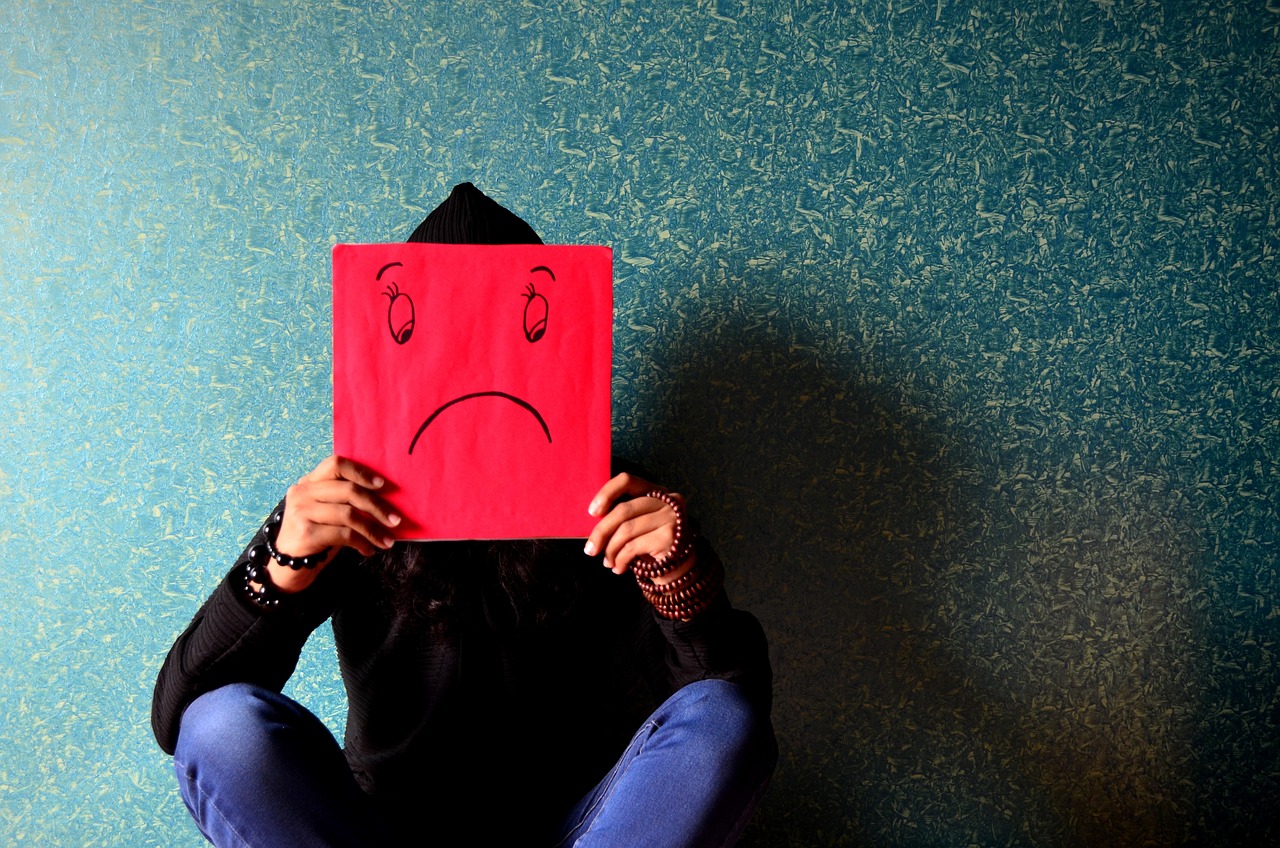In today’s fast-paced world, stress and anxiety have become common experiences for many. While both are natural responses to challenges, chronic stress or unmanaged anxiety can seriously impact mental and physical well-being. Understanding the differences, causes, and coping strategies is essential for maintaining a healthy lifestyle.
What Is Stress?
Stress is your body’s natural reaction to a perceived threat or demand. It can be positive (eustress), motivating you to perform well, or negative (distress) when it becomes overwhelming or prolonged.
Common Causes of Stress:
- Work pressure or deadlines
- Financial difficulties
- Relationship issues
- Major life changes (moving, job loss, illness)
- Academic or performance expectations
What Is Anxiety?
Anxiety is a feeling of fear, worry, or unease—often about an upcoming event or uncertain outcome. Unlike stress, which is usually a response to an external cause, anxiety can be persistent even without a clear trigger.
Types of Anxiety Disorders:
- Generalized Anxiety Disorder (GAD)
- Social Anxiety Disorder
- Panic Disorder
- Phobias
- Obsessive-Compulsive Disorder (OCD)
- Post-Traumatic Stress Disorder (PTSD)
Stress vs. Anxiety: What’s the Difference?
| Factor | Stress | Anxiety |
|---|---|---|
| Trigger | External (work, deadlines, conflict) | Internal (worry, fear, anticipation) |
| Duration | Often short-term | Can be long-term or chronic |
| Response Type | Usually physical | Often emotional and physical |
| Can Be Helpful? | Yes, in short bursts | Rarely helpful |
Common Symptoms
Physical Symptoms:
- Headaches
- Fatigue
- Rapid heartbeat
- Muscle tension
- Sleep disturbances
Emotional Symptoms:
- Irritability
- Restlessness
- Feeling overwhelmed
- Difficulty concentrating
- Mood swings
Behavioral Symptoms:
- Avoidance
- Overeating or loss of appetite
- Nail-biting or other nervous habits
- Substance misuse (alcohol, smoking)
Healthy Ways to Manage Stress and Anxiety
1. Practice Mindfulness and Meditation
Mindfulness helps you stay grounded in the present moment. Meditation, even for 10 minutes a day, can reduce cortisol levels and promote relaxation.
2. Exercise Regularly
Physical activity releases endorphins—your body’s natural stress-relievers. Aim for at least 30 minutes of movement, whether it’s walking, yoga, or dancing.
3. Maintain a Healthy Lifestyle
- Eat a balanced diet
- Stay hydrated
- Limit caffeine and alcohol
- Get adequate sleep (7–9 hours)
4. Establish Boundaries
Learn to say no when needed. Avoid overcommitting and create a balance between work and personal life.
5. Stay Connected
Talk to friends or family. Social support can act as a buffer against stress and provide a fresh perspective.
6. Journal Your Thoughts
Writing about your feelings can help you process emotions and recognize patterns or triggers.
7. Seek Professional Help
If stress or anxiety interferes with daily life, consider talking to a therapist or counselor. Cognitive Behavioral Therapy (CBT), medication, or other treatments may be recommended.
When to Seek Help
It’s time to reach out to a professional if you experience:
- Persistent or excessive worry
- Panic attacks
- Avoiding social situations or daily responsibilities
- Physical symptoms with no clear medical cause
- Feeling hopeless or depressed
Final Thoughts
Stress and anxiety are part of being human—but they don’t have to control your life. By understanding their causes, recognizing symptoms, and applying healthy coping strategies, you can build resilience and lead a more peaceful, balanced life. Remember, it’s okay to ask for help, and taking care of your mental health is just as important as your physical well-being.











Leave a Comment